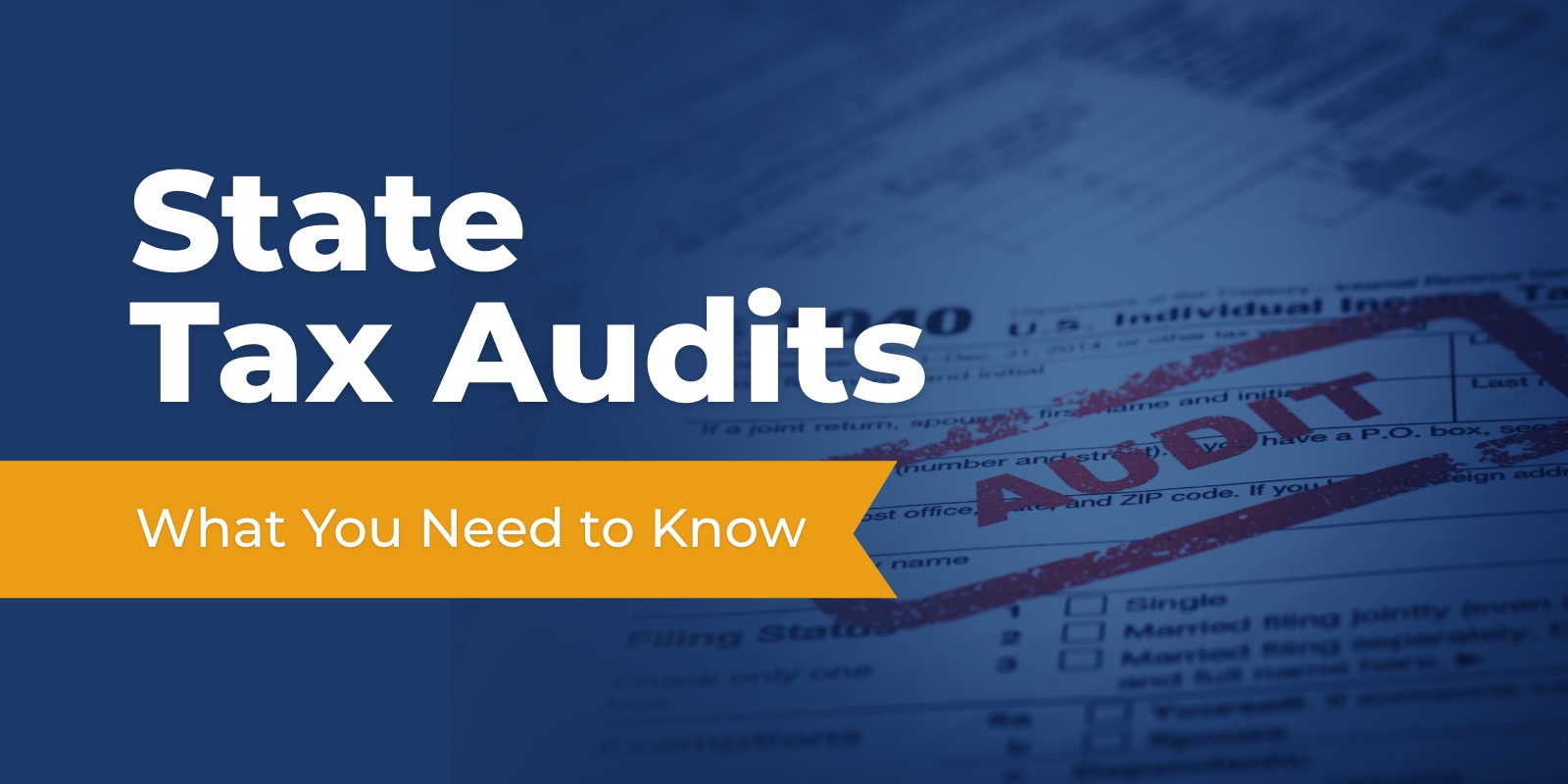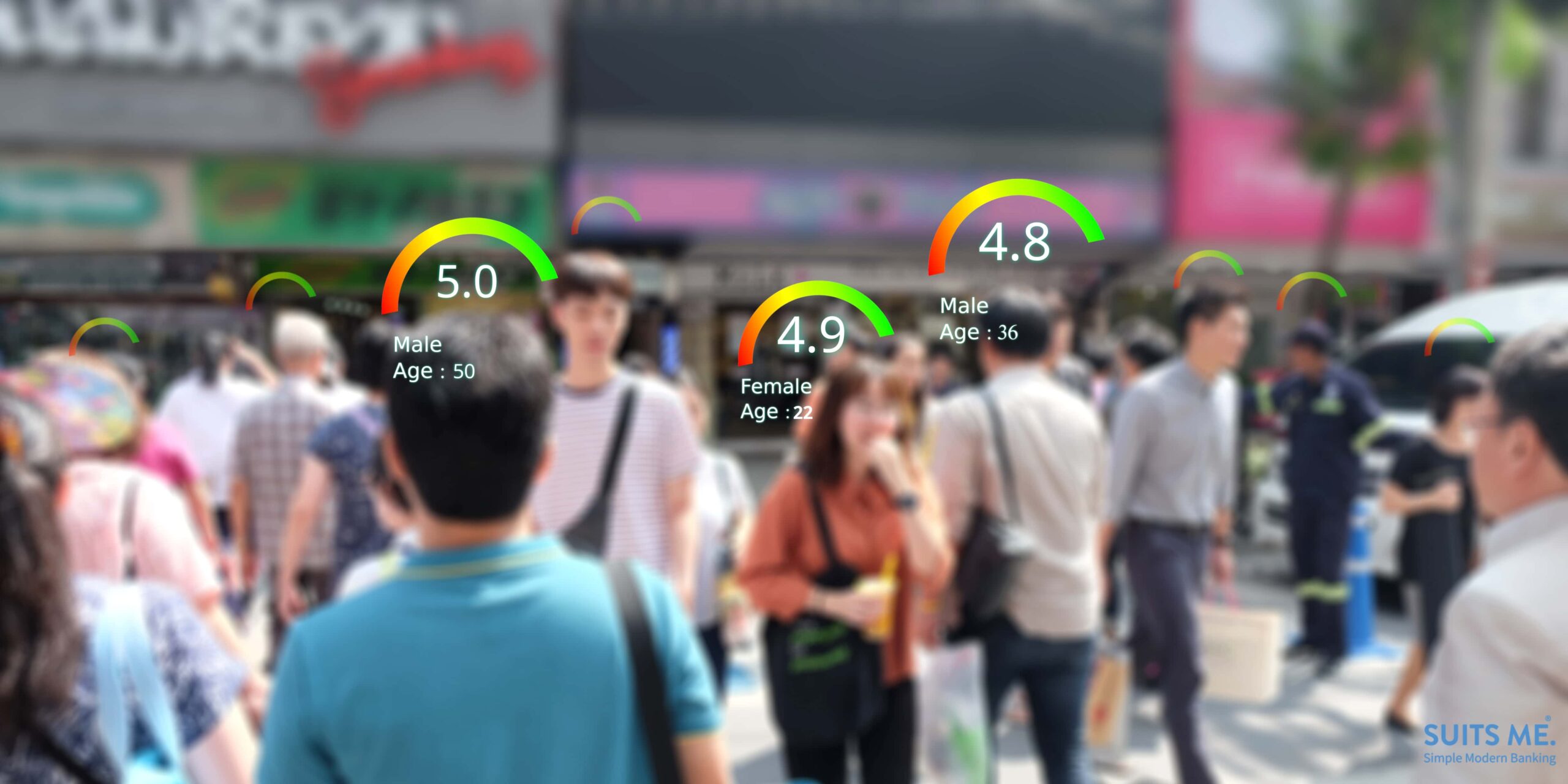Key Takeaways:
- State tax audits are conducted by state revenue departments to verify reported income, deductions, and tax payments and can be just as serious as IRS audits.
- Common audit triggers include unreported income, information mismatches, large refunds or credits, cash-heavy businesses, and worker misclassification.
- A state tax audit does not automatically lead to an IRS audit, but large discrepancies can prompt federal scrutiny due to information sharing between agencies.
- Audits typically remain civil but may escalate to criminal cases in instances of willful fraud, like falsifying deductions or destroying records.
- States and the IRS impose separate penalties, follow different procedures, and have their own resolution paths, including appeals, payment plans, and penalty abatements.
- Optima Tax Relief provides expert audit representation with tax attorneys, enrolled agents, and support staff experienced in both state and federal audits.
We often discuss IRS tax audits, but you can just as easily be audited by your state. Like an IRS audit, state tax audits can be stressful and intimidating for taxpayers. But what triggers a state tax audit? Is it less severe than an IRS audit? Would a state tax audit result in an automatic IRS audit? Here’s what you need to know about state tax audits.
What is a state tax audit?
A state tax audit is an audit performed by your state’s Department of Revenue because they believe there is a discrepancy on your state tax return. It is no less severe than an IRS audit and can result in financial and legal consequences. During the audit, your state will review your state tax return to verify that your reported income and deductions are correct. Typically, your state will send you a written notice in the mail to inform you of the audit. The notice should include the tax years they plan to review. It will also note any information you will need to provide and their contact information. You can opt to have an accountant or tax attorney represent you during the audit or proceed without one.
Once the audit is completed, your state will send you a written notice of the results. The results can lead to the acceptance of your state tax return with no further action needed. However, it can also result in taxes and penalties owed. The taxpayer may be entitled to appeal the judgment if they don’t agree with the audit results. Depending on the state, the appeals procedure may include a hearing before an administrative law judge or an appeals board.
What Triggers a State Tax Audit?
You should be aware of frequent errors that can result in a state tax audit. These can include:
- Failing to record all income. You are required to report all income, including self-employment, rental, and investment income. Not doing so is one of the fastest ways to trigger an audit.
- Being a nexus. If your business is a nexus, or a company that has a presence in one or more states, you might be at risk of a state audit. Each state will want to ensure you are complying with their individual tax laws.
- Failing to report use tax. If you purchase taxable items in one state and intend to use, store, or consume them in another state, you must pay use tax in your own state. For example, if you purchase a car in a state that does not charge sales tax, but plan to use the car in a state that does, you must pay use tax on the purchase price of the car in your state.
- Being a sole proprietor. If you are a sole proprietor and prepare your own tax returns, you may be viewed as more likely to make a mistake when filing.
- Information‑return mismatches. States compare what you report against W‑2s, 1099s, and other filings and any discrepancy can instantly flag your return for review.
- Unusually large refunds or credits. Claiming a very large tax refund or big credit positions (like R&D or energy incentives) year after year is a red flag that often leads to closer scrutiny.
- Cash‑intensive or high‑risk industries. Businesses handling large volumes of cash (e.g., restaurants, salons, auto repair) face inherently greater audit risk due to higher noncompliance rates.
- Payroll and employment‑tax issues. Misclassifying workers (employees vs. contractors), late or missing withholding/unemployment filings, and inconsistent payroll reports frequently trigger audits focused on employment‑tax compliance.
Misreporting data, math mistakes, incomplete state tax forms, excessive deductions, and failing to file your state tax return on time are some more common reasons for state audits.
Differences Between State and Federal Audits and How Optima Tax Relief Helps
State and federal audits operate under distinct authorities, rules, and scopes, and Optima Tax Relief has the expertise to navigate both. Whether the review comes from your state’s Department of Revenue or the IRS, our team understands the nuances of each process and tailors our approach to secure the best outcome.
Authority and Scope
State Audits are managed by individual Departments of Revenue and focus exclusively on state tax filings, credits, and state‑specific add‑ons (like local sales or withholding taxes). Federal Audits are conducted by the IRS, covering income, payroll, and other federal taxes across all states.
Optima Tax Relief maintains up‑to‑date knowledge of each state’s audit priorities. This is whether it’s nexus issues in multi‑state filings or state credit eligibility. Optima coordinates seamlessly with IRS examiners on overlapping matters.
Procedural Differences
State Exams often allow more flexibility in scheduling and may include field visits to your place of business. Documentation requirements can vary widely by state. Federal Exams follow standardized IRS procedures, such as the National Office directives and uniform form letters, though complexity increases with larger or multi‑year audits.
Optima Tax Relief’s dedicated audit team manages communication, deadlines, and record production across jurisdictions, ensuring every request (state or federal) is addressed promptly and accurately.
Issue Overlap and Divergence
Adjustments on one level don’t automatically trigger changes on the other. For example, a federal deduction denial may not affect your state liability, or vice versa. However, inconsistencies between filings can raise red flags in both arenas.
Penalty Structures
States impose their own penalty rates and interest calculations. Some align with federal accuracy‑related penalties, while others have unique late‑filing or fraud surcharges. The IRS applies federal penalties under its Internal Revenue Code, with established ranges for negligence, substantial understatement, or fraud. Optima Tax Relief specialists negotiate penalty reductions or abatement through voluntary‑disclosure and reasonable‑cause arguments.
Resolution Strategies
State Audits may be settled through installment agreements with the state, abatement petitions, or compromise offers specific to state statutes. Federal Audits can conclude with IRS payment plans, Offer in Compromise, or, where applicable, penalty abatement programs.
Will a State Tax Audit Result in an Automatic IRS Audit?
Your biggest worry when being audited by your state Department of Revenue is whether you will also trigger an IRS audit. While there is no certainty of this happening, it definitely is a possibility since both state and federal taxing agencies communicate with each other. Large mistakes on your state return will likely result in an IRS audit, but small mathematical errors may not. In some cases, your state might require you to amend your state return, which can impact your federal tax return, thus getting the IRS’s attention.
Do State and Federal Audits Result in Criminal Charges?
When you’re selected for an audit (whether by your state revenue department or the IRS), it’s natural to worry about the worst‑case scenario. Many audits remain civil in nature, focused on uncovering discrepancies and collecting any additional tax owed. Only in rare circumstances, where there’s clear evidence of deliberate fraud, will an audit evolve into a criminal investigation. Here’s what you should know about criminal charges resulting from an audit.
Criminal Referrals are Rare
Only when auditors find clear, willful fraud, will they refer your case to IRS Criminal Investigation or state criminal tax bureaus. Examples include deliberately omitting large cash transactions, fabricating or inflating deductions, altering or destroying records, or repeatedly failing to file returns.
Potential Consequences of Criminal Tax Prosecution
If convicted under federal statutes (e.g., tax evasion under 26 U.S.C. § 7201) or state equivalents, you could face felony charges carrying fines up to $100,000 (or $500,000 for corporations) and prison sentences of up to five years per count. State penalties vary but can include misdemeanors for minor frauds and felonies for major evasion.
How to Minimize Risk
Maintain accurate, organized records (receipts, bank statements, mileage logs) for at least seven years. Cooperate fully with auditors, promptly provide requested documents, and amend returns to correct honest mistakes. This demonstrates good faith and discourages criminal referrals.
Seek Professional Guidance
Engaging a qualified tax attorney or enrolled agent early can help negotiate civil resolutions. It also helps you explore voluntary‑disclosure programs, offered by both the IRS and many states, that allow you to pay back taxes plus reduced penalties before an investigation escalates.
How Optima Tax Relief Represents You in State and Federal Audits
If you’re under audit by the IRS or a state revenue department, Optima Tax Relief can step in with a team of credentialed professionals to advocate on your behalf. We are experts in minimizing stress, protecting rights, and working toward the best possible outcome.
- In‑House Tax Attorneys. Our licensed tax attorneys handle every aspect of your client’s audit, from initial correspondence to appeals. They’re trained to interpret complex tax laws, negotiate with examiners, and, if necessary, argue points of law to achieve favorable resolutions.
- Enrolled Agents (EAs). As federally authorized tax practitioners, our EAs represent clients in any IRS matter from audits and collections to appeals. They stay current on changing tax codes and complete rigorous continuing education.
- Specialized Audit Support Staff. Beyond credentialed professionals, Optima employs experienced tax preparers and support specialists who coordinate records, respond to document requests, and manage deadlines.
- State‑Specific Representation. Each state has its own rules for “practice before the department.” Optima’s team is versed in these regulations across jurisdictions, ensuring you receive qualified representation.
With Optima Tax Relief, you get a dedicated advocacy team with IRS expertise to guide you through every stage of a state or federal audit.
Frequently Asked Questions
Q: How far back can a state revenue department audit my tax returns?
Most states have a statute of limitations of three to four years from the original filing date to initiate an audit. However, this period can be extended to six years (or indefinitely) if there’s suspicion of substantial underreporting, fraud, or if you filed a false or fraudulent return.
Q: What records and documentation should I have on hand before a state audit begins
Prepare to produce:
- Copies of filed returns and all supporting schedules
- Bank statements, canceled checks, and credit‑card records
- Receipts or invoices for business expenses and deductions
- Payroll records and Form W‑2/1099 reports
- Depreciation schedules and fixed‑asset ledgers
- Apportionment worksheets or multistate allocation documents
Q: Can I negotiate penalty reductions during a state tax audit?
Yes. Most states allow you to request penalty abatement or reduction based on reasonable cause (e.g., natural disasters, serious illness) or under a voluntary disclosure program. Your representative can present mitigating factors and documentation to persuade the auditor to lower or waive penalties.
Q: Will a state audit always trigger a federal IRS review?
Not automatically. While states sometimes share audit findings with the IRS (and vice versa), each agency evaluates returns under its own criteria. A state adjustment may prompt the IRS to take a closer look, but it’s not a guaranteed outcome.
Q: What are the most common defenses taxpayers use in state audit appeals?
- Reasonable cause assertions: Demonstrating honest mistakes or events beyond your control.
- Statute of limitations challenges: Arguing that the audit was initiated after the allowable period.
- De minimis error arguments: Showing that discrepancies are trivial and don’t affect overall liability.
- Reliance on professional advice: Citing guidance from qualified tax advisors when preparing returns.
Q: How long does a typical state tax audit process take from start to finish?
Most routine audits conclude within six to twelve months, but more complex or multi‑year examinations can last eighteen to twenty‑four months, especially if there are appeals or negotiation of issues and penalties.
Q: Do state auditors ever perform on‑site visits to a business location?
Yes. Many states conduct field audits, where an examiner reviews records at your place of business (or your representative’s office). These visits allow auditors to examine source documents and observe operations firsthand.
Tax Help with State and Federal Audits
It goes without saying that the best way to avoid a state or federal tax audit is to submit complete and accurate tax returns. Facing an audit can be stressful and intimidating, but having audit representation can have a positive impact. Optima Tax Relief has over a decade of experience representing clients during both state and IRS tax audits.
Contact Us Today for a No-Obligation Free Consultation
Publisher: Source link










